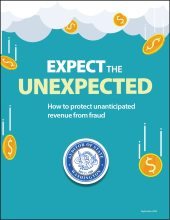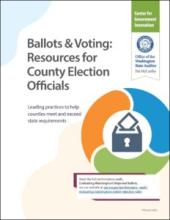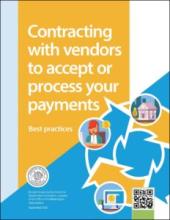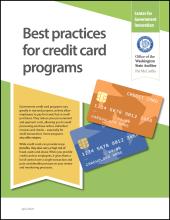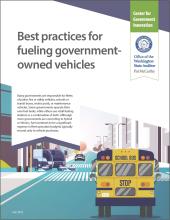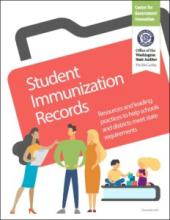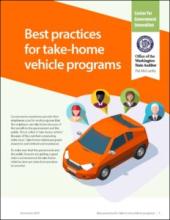Resource Library - Operations
Being responsive to citizens and safeguarding public resources are big jobs. SAO’s guides, best practices and checklists can help you apply performance audit results in subjects like student immunization records and election ballots, and improve processes over fueling programs, take-home vehicles, credit cards and contracting with third-party receipting vendors.
Best Practices: Expect the Unexpected: How to Protect Unanticipated Revenue from Fraud
This resource has best practices to help you evaluate your internal controls around unanticipated revenue, and how to improve them. It outlines common fraud tactics, and includes tips for detecting and preventing this type of fraud in your government.
Keywords: Fraud Prevention, Government Operations, Organizational Safeguards
Last updated: November 2023
Best Practices: Ballots and voting resources for county election officials
This booklet compiles more than two dozen leading practices for Washington counties to consider to help voters submit valid ballots, or to increase the likelihood voters can quickly and properly cure challenged ballots. Practices are grouped into three sections: planning for elections, during elections, and after an election.
Keywords: Government Operations
Last updated: February 2022
Best Practices: Contracting with vendors to accept or process payments (third-party receipting)
For governments looking to accept or process payments, these best practices can help ensure you have controls in place to protect your revenue streams and comply with any requirements.
Keywords: Cash Receipting, Receipt, Receipts, Internal Controls
Last updated: May 2025
Best Practices: Credit card programs
Credit card programs vary in their nature and size, as does how governments use them—all of which affect the risk of misuse. These best practices can help local governments evaluate their credit card program and related internal controls.
Keywords: Compliance, Procurement
Last updated: April 2024
Best Practices: Best practices when fueling government-owned vehicles
Fuel is a valuable commodity, one that can be easily abused without the right internal controls to protect it. SAO’s exclusive resource includes best practices to consider as you evaluate your policies, and help you implement improvements where needed.
Keywords: Government Operations
Last updated: November 2023
Guide: Student immunization records
This short guide offers resources and leading practices to help schools and districts improve their policies and procedures around immunization records.
Keywords: Government Operations
Last updated: December 2019
Best Practices: Take-home vehicles
This guide can help local governments identify and implement best practices for take-home vehicle programs and policies.
Keywords: Assets, Internal Controls
Last updated: January 2025

